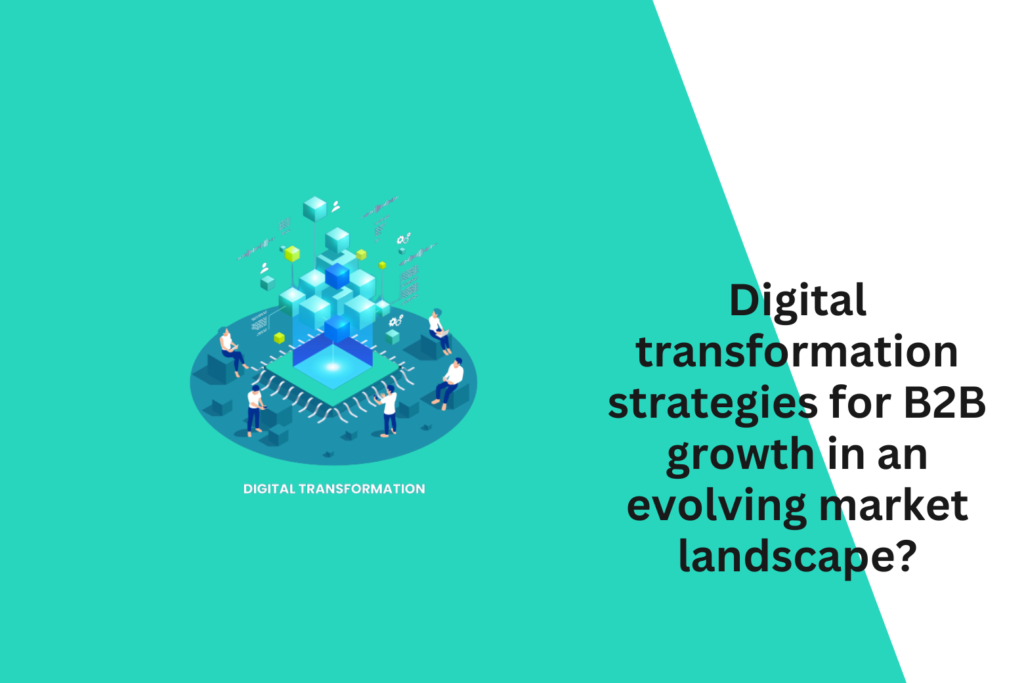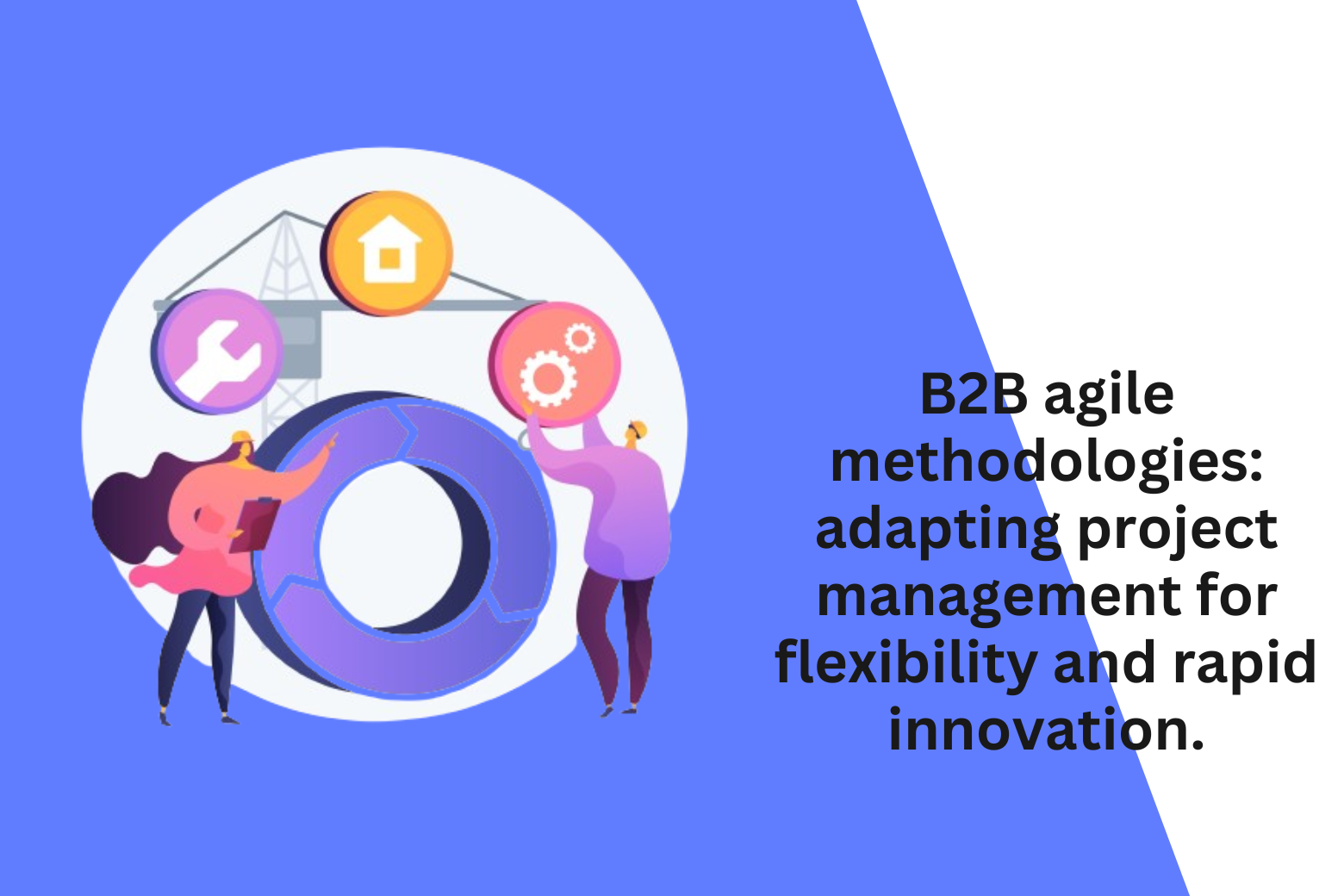
Digital transformation is crucial for B2B growth in an evolving market landscape. It involves leveraging digital technologies to fundamentally change how businesses operate and deliver value to customers. Here are digital transformation strategies for B2B growth:
Digital transformation is crucial for B2B growth in an evolving market landscape. It involves leveraging digital technologies to fundamentally change how businesses operate and deliver value to customers. Here are digital transformation strategies for B2B growth:
1. Customer-Centric Approach:
- Prioritize customer experience by adopting a customer-centric approach. Use data analytics to understand customer behavior and preferences, enabling personalized interactions.
2. Integrated E-Commerce Platforms:
- Implement robust e-commerce platforms that seamlessly integrate with other business systems. This allows for efficient order processing, inventory management, and customer relationship management.
3. Data Analytics and Business Intelligence:
- Harness the power of data analytics and business intelligence tools to gain actionable insights. Analyze customer data, market trends, and operational metrics to inform strategic decisions.
4. Cloud Computing:
- Embrace cloud computing for increased flexibility, scalability, and accessibility. Cloud solutions enable remote collaboration, data storage, and real-time access to business applications.
5. AI and Machine Learning:
- Integrate artificial intelligence (AI) and machine learning (ML) into processes for predictive analytics, personalized recommendations, and automation. This enhances efficiency and decision-making.
6. IoT Integration:
- Explore the Internet of Things (IoT) for real-time monitoring and data collection. This is particularly relevant for industries like manufacturing, where IoT sensors can optimize production processes.
7. Automation of Workflows:
- Automate repetitive tasks and workflows to improve operational efficiency. This includes order processing, invoicing, and other routine business processes.
8. Mobile Optimization:
- Ensure mobile optimization across all digital touchpoints. B2B buyers increasingly use mobile devices, and a mobile-friendly experience is essential for accessibility and user satisfaction.
9. Digital Marketing and Social Media:
- Enhance digital marketing efforts and leverage social media platforms for B2B engagement. Utilize targeted content, social selling, and online advertising to reach and connect with potential clients.



